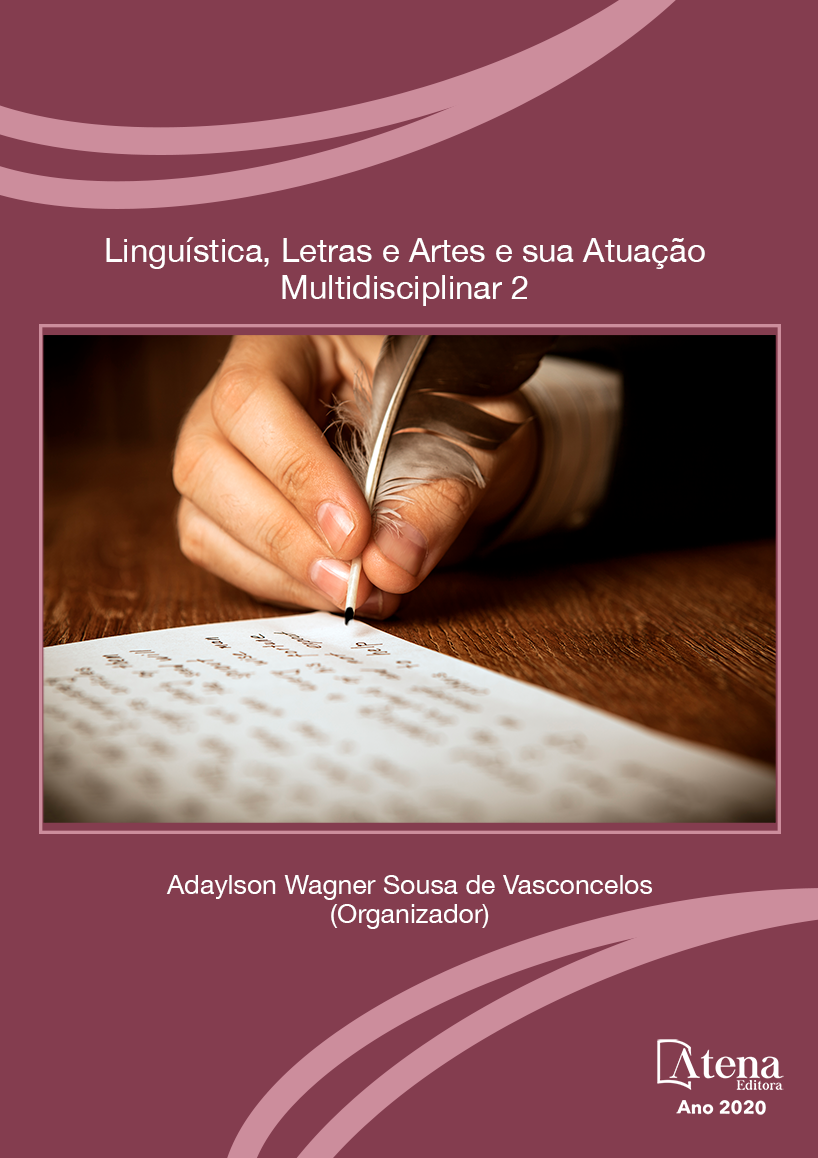
A LÍNGUA COMO ELEMENTO DE PODER: UMA REVISÃO HISTÓRICA A PARTIR DOS EXCERTOS DE SAUSSURE
Este artigo discorre sobre o processo de produção de uma pesquisa bibliográfica proposta durante as aulas da disciplina Linguística: história, objetos, teorias, métodos, do programa de pós-graduação em Linguística (PROLING) da Universidade Federal da Paraíba (UFPB), no primeiro semestre de 2019, ministrada pela Dra. Vera Lúcia Pires, professora visitante na mencionada universidade. Aqui pretende-se descrever e identificar situações em que a língua foi utilizada como instrumento de imposição política em um determinado grupo social, organização ou nação, fundamentados nas ideias do capítulo V, da Introdução do Curso de Linguística Geral de Ferdinand de Saussure, denominado “Elementos internos e Elementos externos da Língua”. O linguista suíço, embora não atenha seus estudos à língua como elemento de poder político, aborda de maneira breve, porém objetiva, como os elementos externos da língua afetam os elementos internos da mesma. Segundo o autor, questões históricas, de raça e de civilização norteiam a língua, que por sua vez é um dos pilares que constituem a nação. (Saussure, 2012). Desde os primórdios da organização social, o homem passou a ter necessidade de expressar-se e de interagir com os demais seres humanos, seja através dos gestos, da fala ou da escrita. E a língua (verbalizada ou não), de acordo com a comunidade, a época e os sujeitos que dela fazem uso, passou a ser um elemento crucial para a estruturação e identificação de um determinado povo, Estado, nação etc. A história da humanidade traz em sua trajetória momentos, situações e épocas nas quais esse elemento tão intrínseco às relações humanas é indispensável à manutenção do exercício do poder.
A LÍNGUA COMO ELEMENTO DE PODER: UMA REVISÃO HISTÓRICA A PARTIR DOS EXCERTOS DE SAUSSURE
-
DOI: 10.22533/at.ed.0672023071
-
Palavras-chave: Língua; Poder; Saussure.
-
Keywords: Language; Power; Saussure.
-
Abstract:
This article discusses the process of producing a bibliographic research proposed during the classes of the Linguistics discipline: history, objects, theories, methods, of the Postgraduate Programme in Linguistics (PROLING) at the Federal University of Paraíba (UFPB), in the first semester 2019, taught by Dr. Vera Lúcia Pires, Visiting Professor at the University. Here we intend to describe and identify situations in which language was used as an instrument of political imposition in a given social group, organization or nation, based on the ideas of the Chapter V of the Introduction of Ferdinand de Saussure's General Linguistics Course, called “Internal and External Elements of Language”. The Swiss linguist, while not addressing his studies of language as an element of political power, briefly but objectively discusses how the external elements of language affect its internal elements. According to the author, historical, race and civilization issues guide the language, which in turn is one of the pillars that constitute the nation. (Saussure, 2012). Since the dawn of social organization, man has needed to express himself and to interact with other human beings, whether through gestures, speech or writing. And language (verbalized or not), according to the community, the time and the subjects who make use of it, has become a crucial element for the structuring and identification of a particular people, state, nation, etc. The history of humanity brings in its trajectory moments, situations and times in which this element so intrinsic to human relations is indispensable to the maintenance of the exercise of power.
-
Número de páginas: 20
- LUCAS DA SILVA PAULINO


